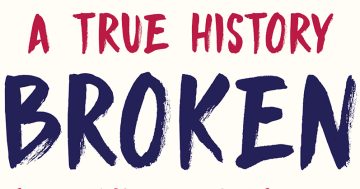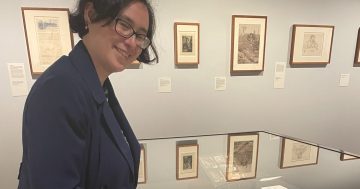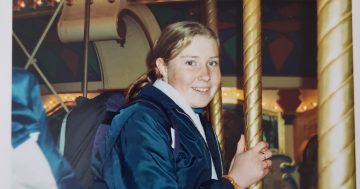Reviewed by Rama Gaind.
By Heather Morris, Echo Publishing, $29.99.
 “Stories are what connect us, and remind us that hope is always possible.”- Heather Morris.
“Stories are what connect us, and remind us that hope is always possible.”- Heather Morris.
Author of the internationally bestselling novels The Tattooist of Auschwitz and Cilka’s Journey, Morris is passionate about stories of survival, resilience and hope.
Morris grew up on a farm in rural New Zealand. On her way back across the paddocks from school, Heather would visit her great-grandfather and listen to his experiences of war – stories he told only to Heather. From a young age Heather discovered that people would tell her their stories if she stopped and listened.
In Stories of Hope, she again explores the art of listening (which she employed when she met Lale Sokolov that let him to entrust her with his story for The Tattooist of Auschwitz).
Stories of Hope examine Heather’s extraordinary journey, in the form of a series of beautifully rendered tales of the people she has met, the remarkable stories they have shared with her, and the lessons they hold for us all.
We are living through some challenging times with the COVID-19 pandemic that does not discriminate. “And yet in the face of this unknown, new enemy, the changes we are making are having unexpected and positive benefits.”
Morris finds inspiration in everyday lives. This book provides motivation and tools for anyone who is keen to deepen their connections to others by enhancing their listening skills.
Morris offers some thoughts on how to listen actively. “If you listen and learn, you just might find yourself in the position of offering hope to others. There is no beginning and there is no end in the circle of accepting and sharing these stories.”
“No one has ownership of them, and no one’s experiences in life are more valid than another’s. They are unique to the individual, but by listening to them we can all become a little wiser, a little bit more compassionate and understanding, and we can enrich our own lives through what others have to tell us about theirs.”
“I have come to realise that listening is an art and my hope is that through reading this book, you may also decide to practise it more actively. I can promise if you do you will be changed by the stories you hear – and changed for the better. Only by hearing their stories can we empathise with others, give them a voice, give them hope that someone else cares.”











